Open Calls
Financial Support for Third Parties
Within the framework of the PoliRuralPlus project, a series of four open calls are anticipated. These calls are designed to attract and fund innovative proposals that align with the project’s overarching aims. The primary objective of these calls is to extend the impact of the PoliRuralPlus initiative, exploring new methodologies, technologies, and strategies for rural-urban development.
The calls aim to:
- Encourage innovative approaches to rural development that can be replicated or scaled across different regions.
- Promote collaboration among stakeholders from various sectors, including technology, agriculture, and regional planning, to address rural challenges in a holistic manner.
- Generate insights and solutions that can inform policy and practice, contributing to the broader objectives of balanced rural-urban development.
Maximum support for one organisation across all calls can be 60.000 Euro.
- Objective: To refine and augment existing models of rural-urban interactions with new, innovative approaches that address specific challenges, ensuring continuous improvement and sustainability.
- 7-15 proposals to be funded.
- Expected opening date: September 2025
Expected Results:
- Proposals that offer significant improvements and added value over existing models, with selected initiatives receiving up to 25.000 EUR based on their scope and potential.
- Integration of 7-15 initiatives that align with PoliRuralPlus objectives, ensuring continuous innovation and improvement in rural-urban dynamics.
Related news
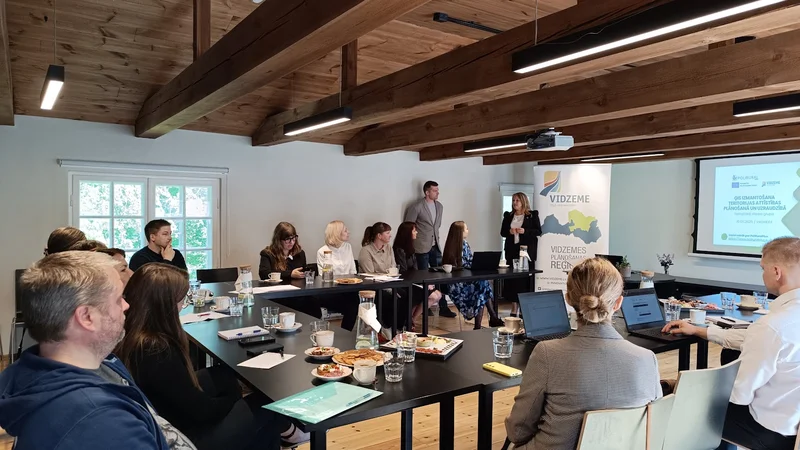
Vidzeme promotes integrated, data-driven territorial planning through GIS cooperation
This summer, the Vidzeme Planning Region has been marked by a targeted effort to reinforce data-driven territorial development planning. In cooperation with Valmiera Municipality, a thematic working
Read more
Go Mallusjoki! An Ideathon to develop the rural event industry in the Mallusjoki region
In July, Avoin Ry will organize an idea contest as a part of Takinkääntöviikko, a music festival organised by Mallusjoki Youth Association in Mallusjoki. Finland. Go Mallusjoki! Ideathon will be an o
Read more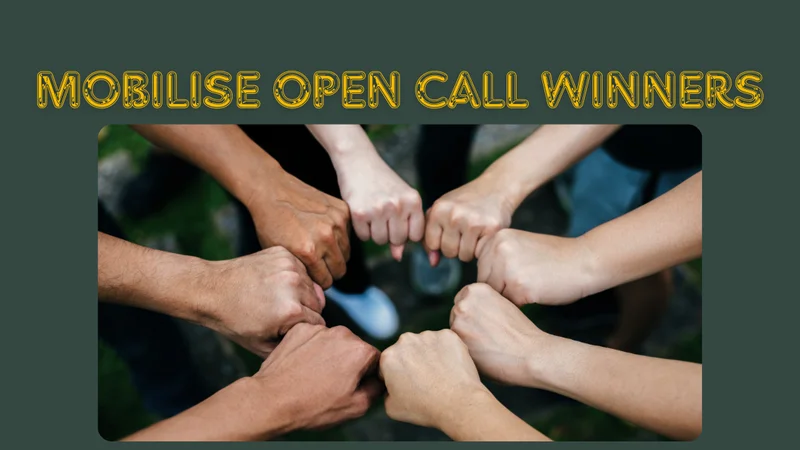
Announcing the winners of the PoliRuralPlus Mobilise Call!
We are excited to reveal the winners of the PoliRuralPlus Mobilise Call, a dynamic initiative designed to foster innovation, collaboration, and technology-driven solutions across rural-urban regions
Read more
DEVELOP Open Call Now Open
We are excited to announce the official launch of the Develop Open Call, the third in a series of funding opportunities under the PoliRuralPlus project. This open call is aimed at supporting applied
Read more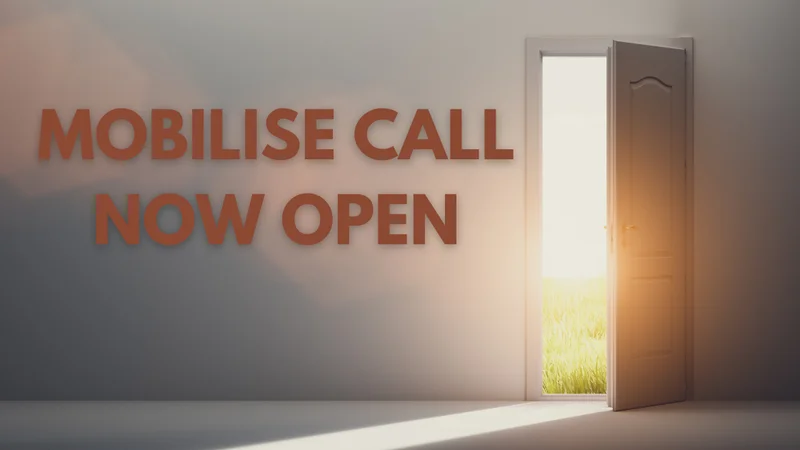
Mobilise Call Now Open for Applications!
PoliRuralPlus is excited to announce that the Mobilise Call, the second in our series of open calls, is now officially open! This call focuses on leveraging AI for community-driven innovation, suppor
Read more
PoliRuralPlus Outreach Call: Announcing the winners!
PoliRuralPlus is thrilled to announce the winners of the Outreach Call, a crucial initiative aimed at strengthening rural-urban linkages, promoting sustainability, and fostering innovative solutions
Read more
UPDATE: The Call is closed! Call for External Evaluators
Within the framework of the PoliRuralPlus project, funded under the Horizon Europe programme, a series of four open calls are anticipated. These calls are designed to attract and fund innovative prop
Read more
Outreach Call: Now open for submissions!
We are excited to announce that the PoliRuralPlus Outreach Call is now officially open for submissions! This call aims to foster innovative projects that enhance rural-urban interactions across the E
Read more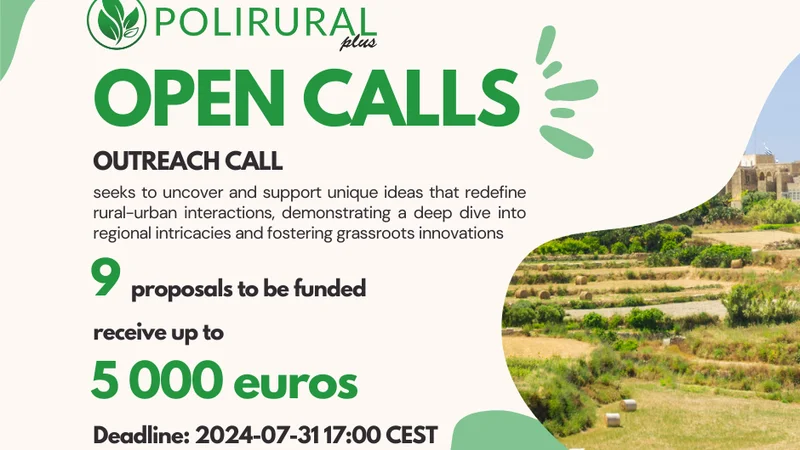
Call for proposals: Outreach call is seeking innovators in rural-urban interactions
Through the Outreach call we aim to enhance rural-urban interactions across the EU and foster grassroots innovations for sustainable rural development.For more details and to apply, visit the https:/
Read moreRelated blogs
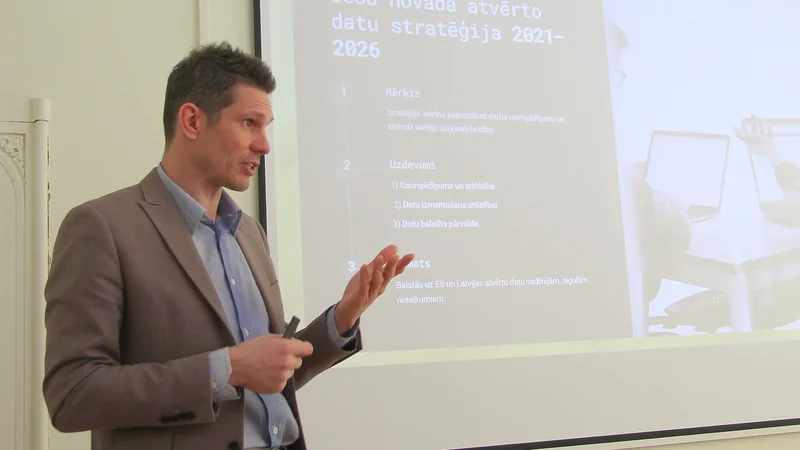
Beyond the numbers – how statistics help us listen to our communities
On April 4, the Vidzeme Planning Region organized a thematic working group, bringing together local government development and planning specialists, geographical information system specialists, repre
Read more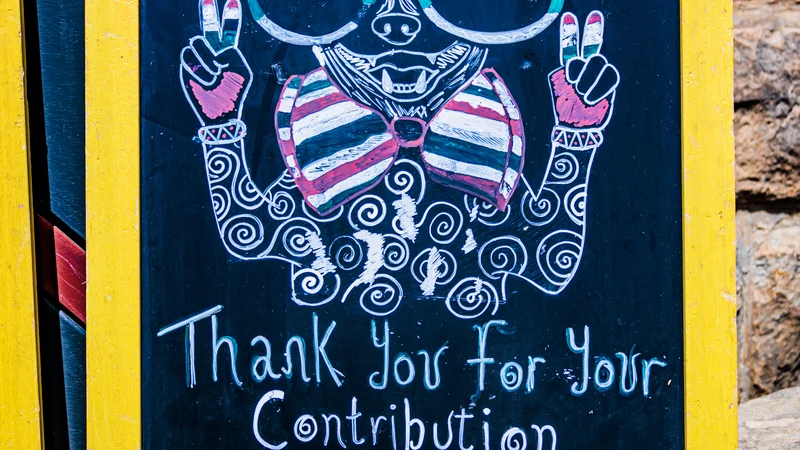
AgriFusion: Exploring Opportunities for Malta's Agricultural Sector
The AgriFusion initiative was a small-scale effort aimed at fostering discussions on challenges and opportunities in Malta’s agricultural sector. Led by The Veg Box Ltd and supported by the PoliRur
Read more
Vidzeme Planning Region lays the foundations for a development monitoring system
To promote sustainable regional development and strengthen data-driven decision-making, Vidzeme Planning Region (VPR) continues to develop a regional development monitoring system framework within th
Read more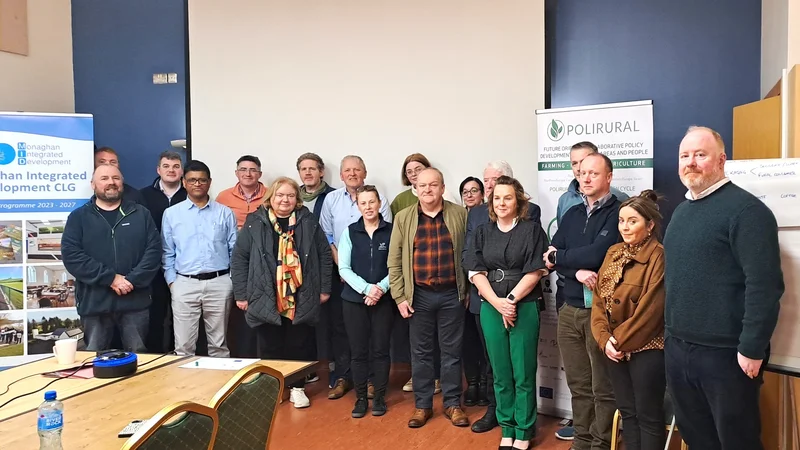
Exploring Circular Economy Business Opportunities in County Monaghan
As part of the PoliRuralPlus Outreach Open Call initiative, MCA Consulting, in collaboration with Monaghan Integrated Development and Monaghan Local Enterprise Office, organized a strategic workshop
Read more
DEMO-IT project results
The DEMO-IT project aimed to facilitate the exchange of experiences and identify stakeholders’ needs for developing and promoting Short Food Supply Chain (SFSC) models in Apulia, Italy. Through a com
Read more
DigiStake: Key Achievements, Challenges, and Future Prospects
As the DigiStake project concludes, we take a moment to reflect on its key achievements, challenges faced, and insights gained. Over the course of the project, we worked diligently to enhance stakeho
Read more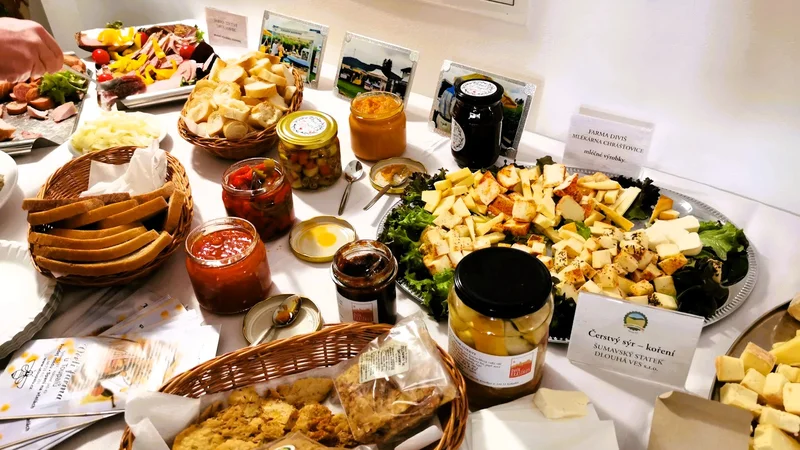
How to connect farms, gastronomy, and tourism in Pošumaví and the Bavarian Forest
Our FarmTourist project, carried out within the PoliRuralPlus Outreach Call, aimed to connect small and medium-sized farms, gastronomy, and tourism in the Pošumaví - Šumava - Bavarian Forest region.
Read more
Advancing Economic Monitoring in Vidzeme - From Insights to Action
As the PoliRuralPlus project progresses, we are excited to share the latest developments in our efforts to enhance economic monitoring in the Vidzeme Planning Region. The recently completed study mar
Read more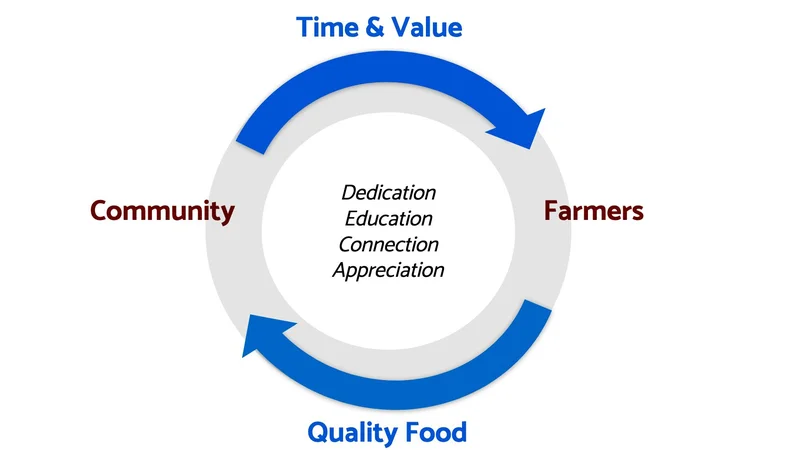
AgriFusion: A Present for Malta's Agricultural Future
AgriFusion: A Present for Malta’s Agricultural FutureWinner of the PoliRuralPlus Outreach Call for MaltaIn Malta’s picturesque yet densely populated landscape, agriculture — a cornerstone of its rura
Read more

Exploring Opportunities for Establishing a Monitoring Framework for the Development of Vidzeme Planning Region
Vidzeme Planning Region is actively working on a framework for monitoring and development on a territorial level, addressing Vidzeme's specific regional needs through its participation in the Po
Read more
Connecting farms, local products and tourism: Introducing the FarmTourist project
In the picturesque Šumava Mountains region, a new initiative is taking root. FarmTourist project, launched under the PoliRuralPlus Outreach Call, aims to connect local producers, farmers, and tourism
Read more
DigiStake: Transforming Slovakia Through Digital Innovation and Rural – Urban Collaboration
The DigiStake project is poised to redefine rural development in Slovakia by fostering enhanced stakeholder cooperation, embracing digital transformation and creating synergies between rural and urba
Read more
DEMO-IT to support Short Food Supply Chain initiatives
The PoliRuralPlus project has selected “DEMO-IT” as a regional action to support the activities of Stakeholders engagement and outreach strategy of the Italian pilot.The overall approach will revolve
Read more